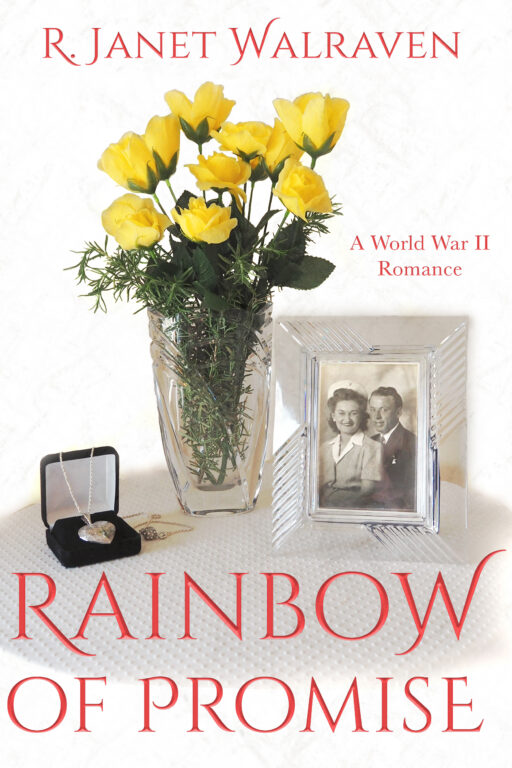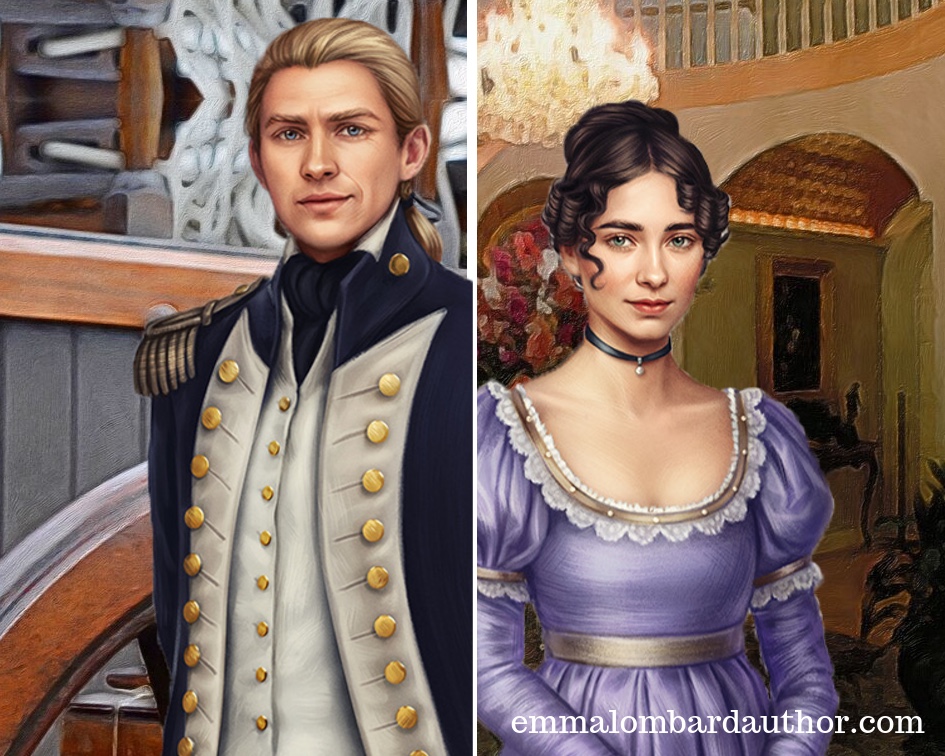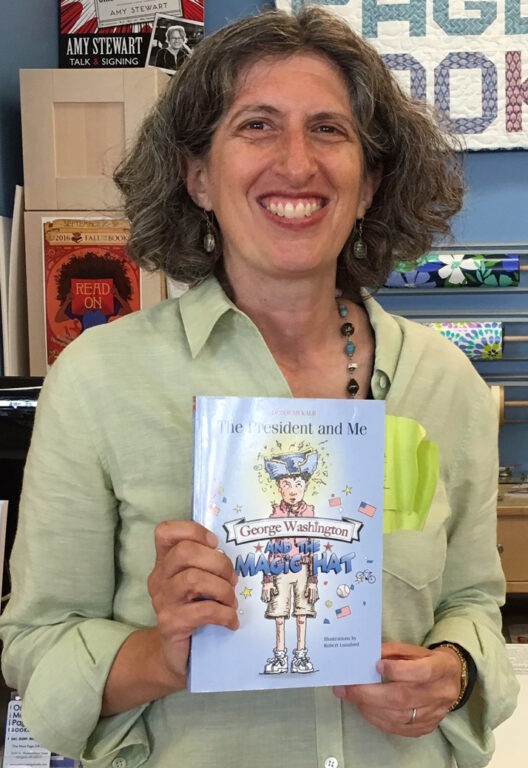
By way of introduction, here is Deborah Kalb’s bio.
Deborah Kalb is a freelance writer and editor. She spent about two decades working as a journalist in Washington, D.C., for news organizations including Gannett News Service, Congressional Quarterly, U.S. News & World Report, and The Hill, mostly covering Congress and politics.
Her book blog, Book Q&As with Deborah Kalb, which she started in 2012, features hundreds of interviews she has conducted with a wide variety of authors.

Hello, Deborah, welcome to Angel Kiss Publications! Thank you for agreeing to do this interview.
Thank you for having me.

When did the writing bug ensnare you?
I’ve always been interested in writing. I grew up in a family of writers and journalists, so I guess it was just something in the air. I remember writing a “novel” in third grade in a series of black-and-white notebooks.
Is writing your full-time profession?
At this point, more or less. I was a journalist for many years but have been focusing more lately on writing books, plus freelance writing and editing.
How long have you been writing?
Most of my life. But specifically, in terms of published books, for more than a decade now.
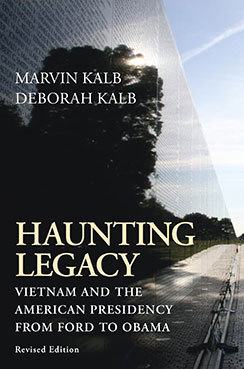

How many published books have you written?
I’ve written a nonfiction book for adults (with my father, Marvin Kalb)–Haunting Legacy: Vietnam and the American Presidency from Ford to Obama.
I’ve written three children’s books, George Washington and the Magic Hat, John Adams and the Magic Bobblehead, and Thomas Jefferson and the Return of the Magic Hat.
They’re a series of middle grade novels focusing on a group of fifth graders in Bethesda, Maryland, who go on time travel adventures and meet the early presidents. I’ve also edited/written some reference books about U.S. history and government.
Which genres do you write?
It’s eclectic nonfiction for adults and fiction for kids. Plus, I have some other manuscripts I’m working on that are fiction for adults.
What do you find most challenging writing for these genres?
In terms of the children’s books, probably getting the right balance between the historical time travel events and the everyday 21st century events happening in the kids’ lives.
What are you working on now?
I’ve handed in book four in the series, James Madison and the Magic Book, to my publisher and am working on book five, about James Monroe.


Where do you find inspiration for your characters?
It’s all a matter of combining bits and pieces of things I see, hear, and experience. Somehow the characters emerge. And for the historical characters, I do a lot of research to make sure the details are right.
What has been your most rewarding experience since publishing your work?
Talking to kids in school groups or elsewhere about the books and answering their questions, which often make me look at things in a completely new way!
What advice would you give to authors just starting out?
Don’t give up! Keep trying. Don’t be too hard on yourself if you run into writer’s block.
Is there anything else you’d like your readers to know about you?
I live in the Washington, D.C. area and I have a blog, Book Q&As with Deborah Kalb, where I interview a wide range of authors about their books.
What message are you sharing in your books?
The importance of understanding history.
What are your favorite books?
Some of my favorite kids’ books are the Half Magic Series by Edward Eager. I loved them as a kid. There are so many others. For adults, again, there are so many it’s hard to say. Some authors whose work I admire include Elinor Lipman, Nick Hornby, Stephen McCauley, and Tracy Chevalier.


If you could create an author’s group with writers from any time period, who would you invite?
I’d invite Jane Austen, definitely. Maybe Louisa May Alcott and E.L. Konigsburg.
Who has influenced your writing the most?
My family. My parents are both authors, and so are my uncle and aunt and sister and cousins.
When you’re not writing where can we find you?
Reading, taking walks, and—pre-pandemic—sometimes traveling.
A movie producer wants to turn your book into a movie and you get to make a cameo. What would you do in the movie?
I would probably play a 18th/19th century journalist covering the events I’m writing about in my children’s book series.
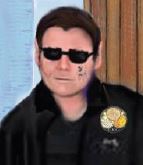

An elf named 12-25 approaches you. He’s sneezing, wheezing, coughing, and there’s a strange tattoo of a snoring dog on his cheek. What do you do?
Get six feet away from him and ask him why he’s not wearing his face mask.
What are your most effective marketing strategies?
Social media, word of mouth through friends, and family.
Do you have a website/Facebook page, etc?
Yes! I have several websites, but the one that links to my other pages is www.deborahkalb.com.
You can find me on Facebook at https://www.facebook.com/deborahkalbauthor/
Twitter at https://twitter.com/deborahkalb,
Instagram at https://www.instagram.com/deborahskalb/?hl=en.
Where can we find your books?
Amazon, Indiebound, Barnes and Noble, Bookshop, and (I hope) some local bookstores and libraries.
Indiebound: https://www.indiebound.org/book/9780764360190
Barnes and Noble: https://www.barnesandnoble.com/w/thomas-jefferson-and-the-return-of-the-magic-hat-deborah-kalb/1136295992?ean=9780764360190
Bookshop: https://bookshop.org/books/thomas-jefferson-and-the-return-of-the-magic-hat/9780764360190
Schiffer Books: https://www.schifferbooks.com/thomas-jefferson-and-the-return-of-the-magic-hat-6908.html
Thank you, Deborah, for spending time with us and sharing your story. We wish you continued success and lost of luck!
Deborah Kalb’s Featured Book: Available September 28, 202o
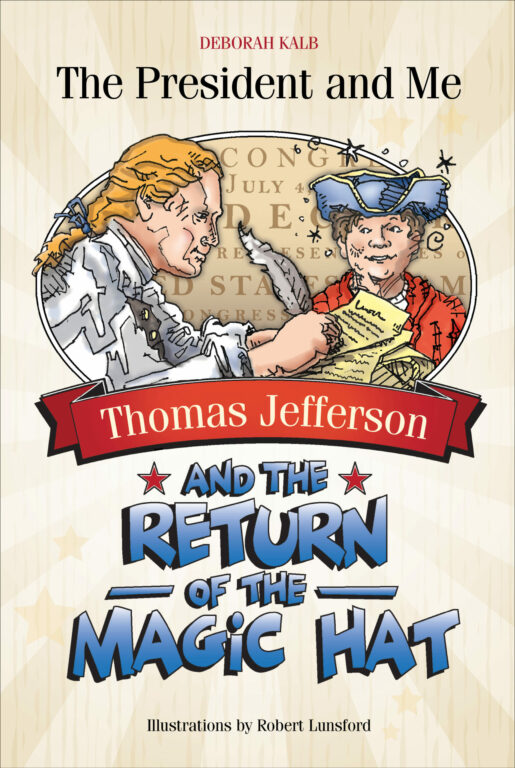

For ages 8-12
After almost six months in Maryland, fifth-grader Oliver still misses his friends back in New Jersey. But things start to change one day, when his neighbor—and possible new friend—Sam lends Oliver a magic hat that takes him back to the 18th- and 19th-century world of Thomas Jefferson.
Oliver and his sisters—Cassie, the nice one, and Ruby, the annoying one—end up learning more about Jefferson than they’d expected. And Oliver finds that his new neighborhood might not be so terrible after all.
Thomas Jefferson and the Return of the Magic Hat is the third in The President and Me series that began with George Washington and the Magic Hat and John Adams and the Magic Bobblehead.
This new adventure brings back previous characters Sam, Ava, J.P. (blink and you might miss them, though!), and of course the cantankerous talking hat itself.

